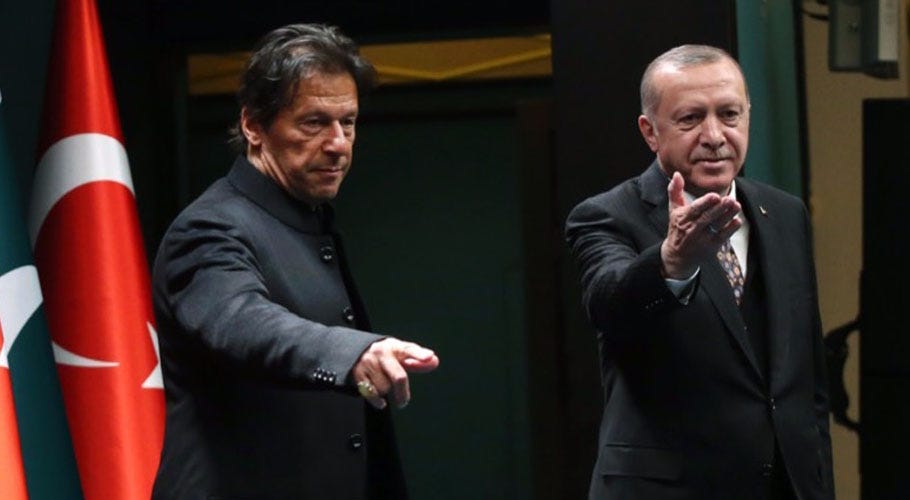As Saudi Tilts Toward India, Pakistan Seeks New Allies
Driven by investment in India, Riyadh waffles on Kashmir

By: Salman Rafi Sheikh
Cracks have appeared in relations between Pakistan and Saudi Arabia as bilateral interactions are shaped by the increasing struggle for power within the Sunni Muslim world – a struggle that Pakistan is attempting to respond to in a way that allows it to reduce its over-dependence on the Kingdom.
Last week, Prime Minister Imran K…
Keep reading with a 7-day free trial
Subscribe to Asia Sentinel to keep reading this post and get 7 days of free access to the full post archives.
